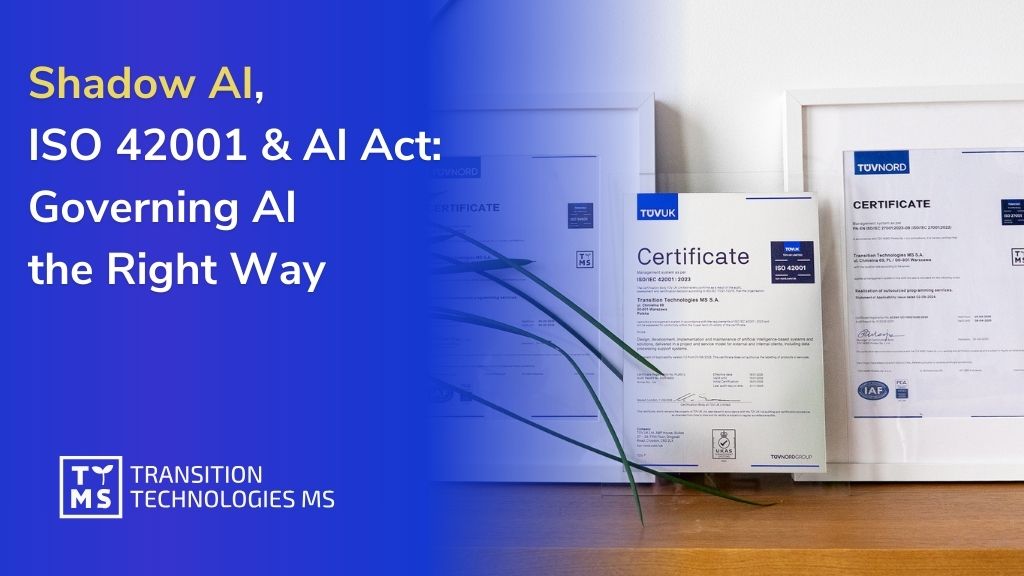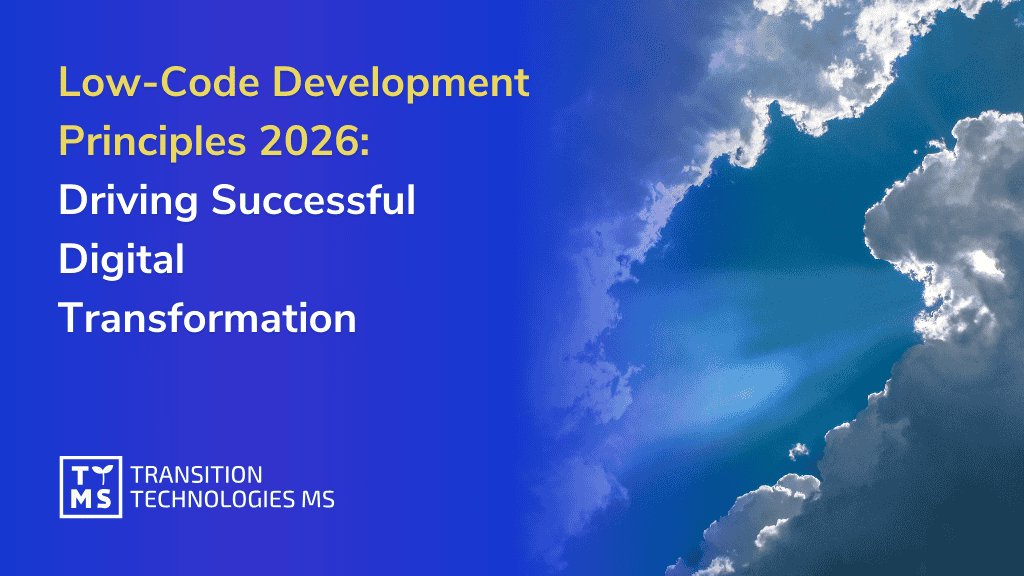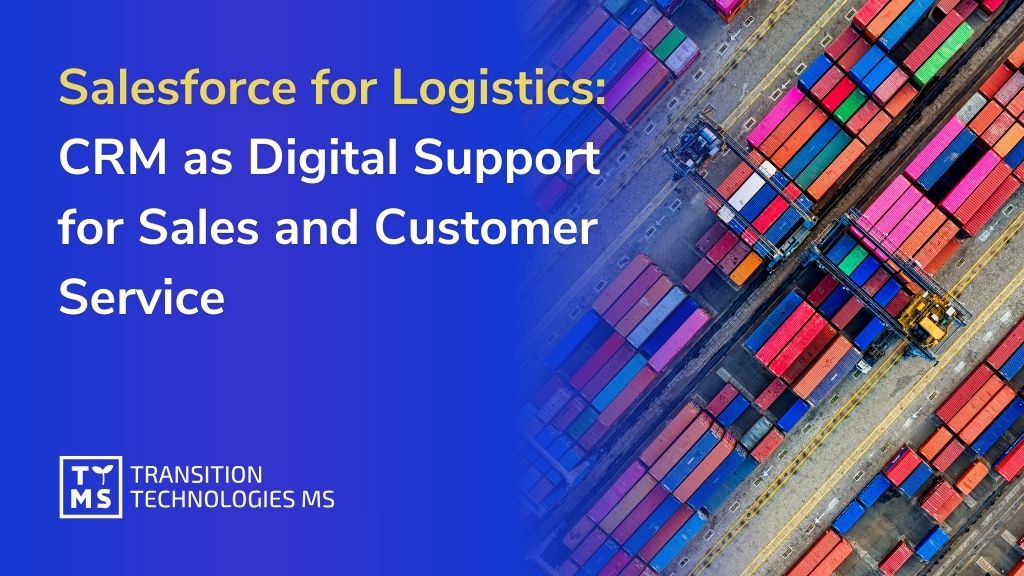
Pharmaceutical companies worldwide are witnessing unprecedented transformations as artificial intelligence reshapes every aspect of drug development and healthcare delivery. This revolution goes way beyond simple automation; it’s fundamentally changing how we discover treatments, test them, and bring them to market.
1. The Role of Artificial Intelligence in Revolutionizing Pharma
AI in pharma has evolved from experimental technology to something companies absolutely need to stay competitive. The transformation touches the entire pharmaceutical value chain, letting teams rapidly analyze complex datasets while boosting research efficiency and decision-making capabilities. This integration automates those time-consuming tasks that used to eat up so much expert time, freeing people up for higher-value innovation and strategic work.
When human expertise combines with AI-driven tools, the results are consistently better than either working alone. This collaborative approach is reshaping business models, operational workflows, and organizational culture across the industry. Annual AI-driven value creation for the pharmaceutical sector reaches $350–$410 billion by 2025, showing just how massive the economic impact of widespread AI implementation really is.
1.1 Brief History: The Evolution of AI in the Pharmaceutical Industry
AI’s journey in pharmaceuticals spans three decades, evolving from basic computational tools to sophisticated machine learning systems. Early applications focused on data mining and pattern recognition, then gradually advanced toward specialized uses like molecular modeling and clinical trial optimization.
Recent breakthroughs in generative AI and neural networks have dramatically accelerated innovation. Advanced tools now enable unprecedented achievements in protein structure prediction and drug design. This evolution reflects a broader digital transformation trend, with increasing collaboration between technology providers, pharmaceutical companies, and regulatory agencies.
Leading companies have shifted from experimental pilots to core strategic AI initiatives, embedding these technologies into their research and operational processes. This transition represents a fundamental change in how the industry approaches innovation and problem-solving.
2. Key Applications of AI in Pharma Today
Modern pharmaceutical companies leverage AI across multiple functions, from drug discovery through commercialization. Machine learning accounts for 38.78% of the AI in pharma market, primarily supporting target discovery, compound screening, and safety profiling.
Advanced algorithms identify novel drug targets, optimize chemical compounds, and predict therapeutic efficacy and safety profiles. These capabilities revolutionize clinical trial design and execution while improving patient recruitment, retention, and real-time monitoring. In manufacturing and supply chain operations, AI enhances quality control, predictive maintenance, and inventory management.
The technology supports personalized medicine by analyzing genetic, phenotypic, and environmental data to tailor individual treatments. 80% of pharmaceutical professionals report using AI to find new drugs, signifying mainstream acceptance across research and clinical work.
2.1 Drug Discovery and Development: Innovating at Speed
AI dramatically accelerates drug candidate identification by analyzing vast chemical and biological datasets. Machine learning models predict drug-target interactions and optimize molecular designs, boosting the chances of success in preclinical and clinical phases. The technology facilitates drug repurposing by identifying new indications for existing compounds, making pipelines more efficient.
Generative AI enables entirely new molecule and therapeutic modality design, opening pathways to address unmet medical needs. These predictive capabilities improve drug candidate selection with higher clinical success probabilities. AI-driven platforms can cut drug discovery timelines very efficienty, representing a revolutionary advancement in pharmaceutical research.
2.1.1 Virtual Screening and Drug Design
AI-powered virtual screening rapidly evaluates large compound libraries, filtering out less promising candidates while prioritizing those with the highest potential. Algorithms simulate and assess molecular interactions, reducing reliance on costly laboratory experiments. These tools support both de novo drug design and lead compound optimization, streamlining development pipelines.
2.1.2 AI-driven Molecular Modeling
AI models predict three-dimensional structures of proteins and biomolecules, supporting rational targeted therapy design. Advanced neural networks explore complex molecular interactions, achieving near-experimental accuracy in protein structure prediction. This breakthrough accelerates the identification of drug targets central to diseases like Alzheimer’s and cancer.
2.2 Clinical Trials Management and Optimization
AI transforms clinical trial processes through improved patient recruitment, optimized trial design, and real-time monitoring capabilities. Predictive analytics identify eligible participants more efficiently, increasing trial diversity while reducing enrollment timelines. Clinical trial completion is now up to 80% faster when AI is integrated compared to traditional methods.
TTMS has firsthand experience supporting pharmaceutical companies in this area. Working with a global pharmaceutical company, TTMS introduced an AI system integrated with Salesforce CRM to automatically analyze and assess key criteria from RFPs. This solution improved the bidding process for clinical trials, enabling quicker and more accurate decision-making while optimizing resource allocation.
2.2.1 Decentralized Clinical Trials
AI supports trial decentralization by facilitating remote patient monitoring, virtual assessments, and digital data collection. Enhanced data integration and analysis enable broader, more diverse participation while improving result generalizability. AI-driven platforms overcome traditional logistical barriers, making trials more accessible and efficient.
2.2.2 Predictive Analytics in Patient Recruitment
Machine learning models analyze electronic health records and real-world data to match eligible patients with appropriate trials. Predictive tools anticipate patient dropouts and identify retention factors, enabling proactive interventions. These capabilities improve recruitment speed and accuracy, helping trials meet enrollment targets while reducing delays.
2.3 Enhancement of Supply Chain and Manufacturing Processes
AI optimizes pharmaceutical manufacturing through automated quality control, predictive equipment maintenance, and streamlined production schedules. Predictive analytics enhance demand forecasting, inventory management, and logistics while reducing waste and ensuring timely medicine delivery. AI adoption has triggered productivity increases of 50–100% in quality control activities, demonstrating significant operational improvements.
2.3.1 Intelligent Automation in Production
AI-driven automation systems monitor and adjust production parameters in real time, enhancing consistency and efficiency. Virtual assistants and robotics support routine manufacturing tasks, enabling faster and more reliable output. Novartis has implemented AI-powered analytics in its manufacturing to monitor production in real time, flagging quality issues before they escalate while reducing waste and errors.
2.3.2 Real-Time Supply Chain Management
AI enables end-to-end supply chain visibility, allowing proactive identification of bottlenecks and disruptions. Real-time data analysis supports dynamic inventory management, reducing shortages and excess stock. Integration with IoT devices enhances monitoring of storage conditions and product integrity throughout distribution networks.
2.4 Personalized Medicine: Tailoring Treatments to Individual Patients
AI analyzes multi-omic data, patient histories, and environmental factors to identify the best individual treatment strategies. Machine learning models predict how patients will respond to different therapies, supporting precision dosing while minimizing adverse effects. This application of artificial intelligence in pharma paves the way for more effective, targeted interventions that improve patient outcomes and satisfaction.

3. Challenges and Opportunities in Implementing AI in Pharma
Pharmaceutical companies face significant challenges when implementing AI solutions alongside transformative opportunities. Success requires overcoming data, ethical, regulatory, and organizational hurdles while balancing risk mitigation with bold technology investments.
3.1 Data-Driven Hurdles and How to Overcome Them
High-quality, comprehensive, and interoperable data remains critical for effective AI applications, yet data silos, inconsistencies, and biases present common obstacles. Ensuring data privacy, security, and compliance with evolving regulations is essential given the sensitive nature of health information.
Model transparency and explainability are necessary to build stakeholder and regulatory trust. Organizations adopt FAIR data principles and integrate robust governance frameworks to enhance AI reliability. Combining AI insights with expert human judgment helps mitigate “black box” model limitations while ensuring responsible decision-making.
TTMS addresses these challenges through comprehensive data management solutions. In one implementation, TTMS developed document validation software for a leading pharmaceutical company struggling with manual document validation processes. The automated validation system improved efficiency, reduced manual errors, and ensured regulatory compliance within their electronic document management system.
3.2 Ethical and Regulatory Concerns
AI in pharmaceutical applications raises important ethical questions regarding bias, transparency, and equitable access to new therapies. Regulatory agencies are developing frameworks to evaluate AI-driven solutions, but the landscape remains complex and rapidly evolving.
Both the FDA and EMA emphasize explainable AI models due to the “black box” nature of many systems. This transparency is crucial for regulatory credibility, patient trust, and scientific accountability. Risk-based regulatory approaches focus on aligning best practices across medical product categories while creating adaptable standards matching AI technology’s rapid evolution.
Regulatory bodies stress robust data governance, audit trails, and documentation throughout AI model lifecycles. This ensures AI-generated evidence supporting drug approvals remains trustworthy and reproducible. Meaningful human oversight for AI-driven decisions in high-risk areas, including drug approval and clinical decision support, remains mandatory across regulatory frameworks.
3.3 The Path Forward: Opportunities for Growth and Innovation
Continued AI advancements offer revolutionary potential in drug discovery, accelerated clinical development, and personalized patient care. Strategic partnerships between pharmaceutical companies and technology firms foster innovation while expanding AI capabilities. The AI in drug discovery market was valued at USD 1.72 billion in 2024 and is projected to reach USD 8.53 billion by 2030, demonstrating substantial growth opportunities.
Investment in interdisciplinary talent and workforce upskilling is essential to harness AI’s full potential. The evolution of AI-driven platforms and integration with other digital technologies will create new business models and therapeutic paradigms. The industry’s commitment is further evidenced by a dynamic landscape of corporate partnerships and aggressive talent acquisition..
4. Future Trends: AI Shaping the Future of Pharmaceuticals
The next decade will see AI further embedded across pharmaceutical value chain stages, driving faster, more cost-effective, and patient-centric innovation. Ongoing advancements in generative AI, quantum computing, and emerging technology integration will reshape drug discovery, development, and delivery methods.
4.1 Trends in AI-Driven Drug Discovery by 2025 and Beyond
By 2025, approximately 30% of new drugs will be discovered using AI platforms, illustrating dramatic early-stage research transformation. AI-driven platforms reduce costs by up to 40% while shortening discovery timelines from five years to 12–18 months, accelerating therapeutic innovation.
AI-discovered drugs in phase 1 clinical trials show higher success rates with estimated 80–90% success for AI-developed versus 40–65% for traditionally discovered drugs, especially in anticancer research. Real-world evidence and adaptive trial designs powered by AI will become standard practice, enhancing clinical research efficiency and relevance.
4.2 The Rise of Generative AI in Molecular Design
Generative AI is growing fastest, with a 43.12% CAGR, primarily for novel molecule design. These models enable creation of novel molecules and proteins not found in nature, expanding innovative therapy possibilities.
The global generative AI market in chemicals was valued at $317.54 million in 2024 and is projected to reach $3.72 billion by 2034. Generative AI tools support rapid hypothesis testing, molecular optimization, and de novo drug design, accelerating biomedical discovery pace.
The combination of generative AI with high-throughput screening and advanced analytics transforms molecular medicine landscapes. Over 1.2 million researchers use AlphaFold and similar models globally for protein modeling and drug lead identification.
4.3 The Integration of AI with Other Emerging Technologies (Blockchain, IoT)
AI convergence with blockchain enhances data security, traceability, and transparency across pharmaceutical supply chains. Integration with IoT devices enables real-time monitoring of manufacturing processes, clinical trials, and patient health while providing actionable insights.
Combined use of AI, blockchain, and IoT fosters new efficiency levels, compliance standards, and operational innovation. These integrated technologies create comprehensive digital ecosystems supporting end-to-end pharmaceutical operations while maintaining security and regulatory compliance.

5. Concluding Insights: Navigating the AI Revolution in Pharma
Successful pharmaceutical industry transformation through AI requires holistic strategies encompassing technology, people, processes, and governance. Organizations must foster innovation cultures, continuous learning, and cross-functional collaboration to realize AI’s full potential.
Building trust, ensuring ethical practices, and maintaining regulatory compliance remain essential for sustaining progress and public confidence. The AI in pharma market is estimated at $4.35 billion in 2025, projected to reach $25.37 billion by 2030 with a rapid 42.68% CAGR, underscoring the significant growth trajectory.
5.1 Building a Sustainable AI Strategy in Pharma
Robust AI strategies align technological investments with business objectives, scientific goals, and patient needs. Scalable infrastructure, effective change management, and clear governance structures prove critical for long-term success. Ongoing evaluation and adaptation of AI initiatives ensure relevance and impact as technologies and regulations evolve.
Pharmaceutical companies should integrate AI for end-to-end operational efficiency, leveraging technology to enhance manufacturing, supply chain management, and predictive maintenance. Investment in explainable AI tools builds regulatory trust while easing compliance challenges.
5.2 Tips for Pharma Companies to Embrace AI Fully
Start with focused, high-impact use cases to demonstrate value and build organizational momentum. Invest in data quality, interoperability, and security to establish foundations for reliable AI applications. Prioritize upskilling and recruitment of interdisciplinary talent bridging gaps between data science, medicine, and regulatory affairs.
Foster partnerships with technology innovators and academic institutions to stay at the AI advancement forefront. Maintain transparent communication and stakeholder engagement to drive adoption and trust in AI-driven solutions. Develop robust data governance and sharing frameworks while standardizing AI infrastructure and workflows.
6. How TTMS Supports Pharmaceutical Companies in Implementing AI Solutions
TTMS delivers tailored AI solutions for pharma, fully aligned with industry regulations such as FDA and GDPR. These solutions support every stage of the project lifecycle — from discovery workshops and planning, through AI development and validation, to training and documentation — helping pharmaceutical companies accelerate innovation, ensure compliance, and optimize operations.
We support flexible engagement models: Staff Augmentation, Team Leasing, and End-to-End project delivery. This allows clients to scale projects according to their needs — whether they need a single expert or a full project team.
Our certified teams integrate advanced AI capabilities into technologies like Salesforce CRM, Adobe Experience Manager, and SAP CDC/Gigya. We specialize in areas such as predictive analytics, intelligent automation, virtual assistants, and AI-driven decision support systems.
For example, in a recent project with Takeda Pharma, TTMS developed an AI‑powered system within Salesforce to automate the analysis of multi‑million‑dollar RFPs. The solution automatically extracted key tender parameters, provided a preliminary compliance assessment, and flagged offer deviations. As a result, Takeda’s Polish affiliate saw significantly faster and more precise bid processing, freeing up teams to focus on strategic decisions and higher‑value tasks — you can read the full case here.
TTMS has also implemented AI‑based solutions including automated document validation tools and custom healthcare‑professional portals. These real‑world applications help our clients reduce time‑to‑market, improve compliance accuracy, and deliver better patient outcomes — proving the real value of strategic AI adoption in pharma.
Have a specific challenge in mind or want to learn how AI can support your team? Contact us to discuss your needs with our specialists.






